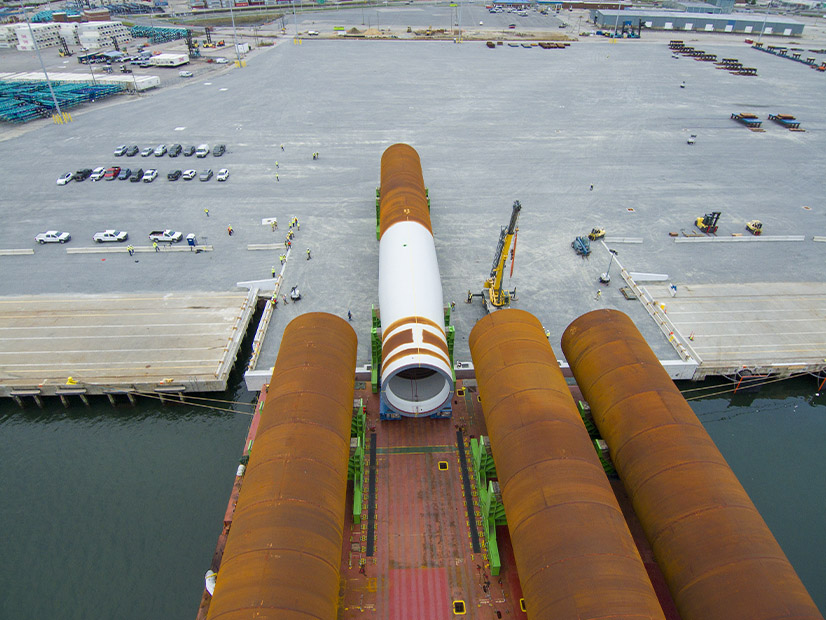
Three conservative- and libertarian-leaning organizations have filed a federal lawsuit to block construction of the Coastal Virginia Offshore Wind (CVOW) project.
The complaint, filed March 18 with the U.S. District Court for D.C., alleges federal regulators conducted a flawed review of the proposed project’s potential impact on the critically endangered North Atlantic right whale and that other federal agencies accepted this flawed analysis.
The plaintiffs — the Committee for a Constructive Tomorrow (CFACT), the National Legal and Policy Center (NLPC) and The Heartland Institute — assert this was a violation of the Endangered Species Act and the Administrative Procedure Act and ask the court to halt work on CVOW until the flawed review is supplanted by a legally compliant review and a valid “biological opinion” about the impact on marine life is issued.
The defendants are the Department of the Interior, the Bureau of Ocean Energy Management, Commerce Secretary Gina Raimondo, the National Marine Fisheries Service and project developer Dominion Energy.
In a statement, Dominion said the complaint is baseless and that full measures are in place to protect whales and other marine wildlife.
With 176 turbines rated at a combined 2.6 GW, CVOW is the nation’s largest offshore wind proposal and one of the most mature: BOEM greenlit it Oct. 31. (See BOEM Approves Coastal Virginia Offshore Wind.) Onshore assembly and staging of components has been underway for months, and offshore installation will begin in May.
Dominion has held the lease for the 112,799-acre site east of Virginia Beach since September 2013. In 2020, it completed installation of a two-turbine research project there. In February 2024, it announced it would sell a 50% stake in CVOW. (See Dominion Sells 50% of Coastal Virginia Offshore Wind to Stonepeak.)
Multiple lawsuits have been filed under multiple theories of law against projects along the Northeast coast that form the vanguard of what proponents hope and opponents fear will become a major new clean energy sector. A few thousand turbines rated at a few dozen gigawatts are envisioned from Canada to the Carolinas — along the migratory route of the North Atlantic right whale.
The complaint against CVOW charges that federal regulators are looking at the impact of all these projects individually rather than as a whole. This ignores the cumulative potential impact on whales, it says.
“Playing politics with such an iconic species as the right whale is a truly pathetic example of the Biden administration’s allegiance to climate alarmism,” Heartland President James Taylor said in a statement.
“This project is not in the interests of Dominion Energy shareholders or customers,” NLPC CEO Peter Flaherty said. “It was only approved because Dominion Energy has undue influence on Virginia politics through outsized contributions to both Democrats and Republicans.”
And CFACT President Craig Rucker said: “This piecemeal, incremental step analysis by BOEM is a textbook violation of the Endangered Species Act. Every court, including the District of Columbia, has held this individual approach to be illegal.”
Dominion offered this rebuttal: “The issues raised in this lawsuit have no merit. The Bureau of Ocean Energy Management has done an extraordinarily thorough environmental review of the project and carefully considered potential impacts to marine wildlife and the environment. The overwhelming consensus of federal agencies and scientific organizations is that offshore wind does not adversely impact marine life. We’ve put in place strong environmental protections for this project and are confident the North Atlantic right whale will be protected.”



